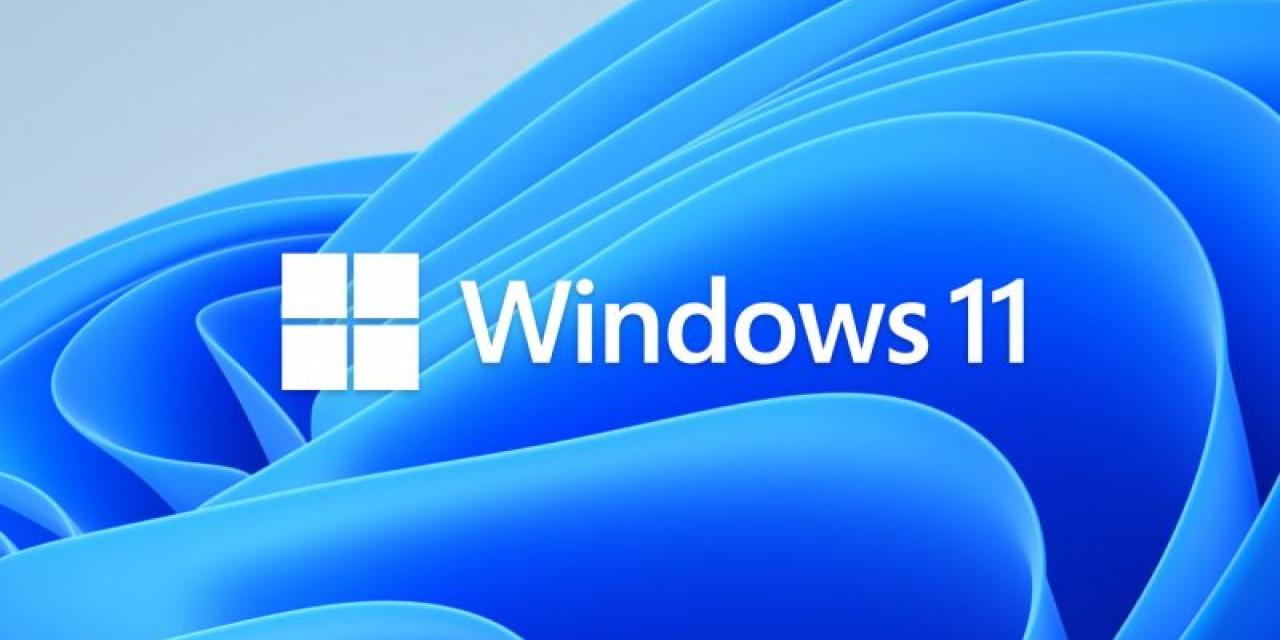
It’s been two years since Windows 11 launched, and by now you’d have expected it to have overtaken its predecessor in popularity, right? Turns out, no. Windows 11 is significantly trailing the older version of Windows, Windows 10, in adoption rate, according to statistics from StatCounter.
StatCounter’s analysis measures the entire worldwide market, and includes almost every single Windows release from the last two decades. Yes, some people are still using Windows XP, though it’s a mercifully small segment.
Windows 10 comes in at the top spot, holding an enormous 71.64% of the entire market of Windows devices. Windows 11 is a significant drop for second place, measuring just 23.61%. As you might expect, with over 95% of the analysis accounted for, the other versions of Windows are very much fighting over scraps. Windows 7 puts up a good fight, with 3.34%, while Windows 8.1 has 0.61%, and Windows 8 has 0.35%. Windows XP, as promised, makes up just 0.34%. The final versions of Windows not mentioned, Vista and 2003, take up just 0.1% between them, making them effectively statistically irrelevant.
It makes sense that Windows 11 has struggled to gain market adoption. Microsoft saw fit to change the start menu and taskbar, leading to a lot of criticism from users. It also lost some Windows 10 abilities, and confusingly, Microsoft chose to make the OS reliant on having a Trusted Platform Module (TPM), giving an unnaturally high system requirement for an operating system. So for many people, it might not be that they’re unwilling to switch, it may be that they can’t.
However, for those who are capable of swapping to Windows 11 and have chosen not to, it’s highly likely the changes in interface are what’s putting people off. Despite the fact Windows 11 has improved a lot since launch, first impressions matter, and it’s likely the newest Windows OS will struggle under this for some time. It’s reminiscent of the reception Windows Vista got on its launch, and many years later, with more than three-times the number of people still preferring the older XP over Vista, it’s clear that first impression still lasts.
